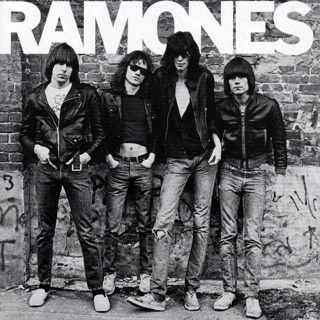
介绍:
Britain has long been known for its love of tea, but people in London also drink a lot of coffee.
In fact, the average Londoner reportedly drinks 2.3 cups of coffee every day.
And now, waste coffee grounds will be used to help fuel part of the city's transportation system.
A technology company announced on Monday that some buses will be using a biofuel that contains coffee oil.
The company, Bio-bean, and its partner, Argent Energy, say they have made enough coffee oil to power one of London's famous double-decker buses for a year.
The announcement made Bio-bean a trending story on social media.
The government agency Transport for London has been turning to biofuels to cut production of carbon emissions. A carbon emission is a gas produced by the burning of carbon. The gas is released into the atmosphere.
London's mayor, Sadiq Khan, said last month that his city has a "health crisis....caused directly by poor-quality air." The government has taken steps to discourage people from driving cars that do not meet European Union emissions requirements.
Bio-bean said Londoners produce more than 200,000 tons of ground coffee waste a year. The company said it collects waste grounds from chain coffee shops and factories. The grounds are dried and processed to remove the coffee oil.
"It's a great example of what can be done when we start to reimagine waste as an untapped resource," said Bio-bean founder's Arthur Kay.
The coffee fuel technology has been received support from the oil company Royal Dutch Shell.
大家还在听

